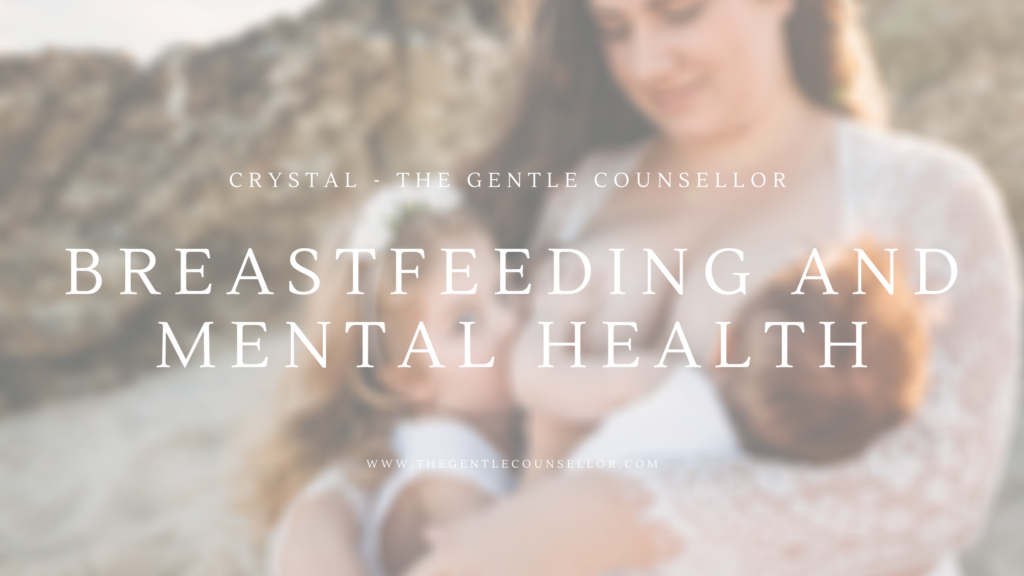
Becoming a mother has taught me so much about life, relationships and mental health too. Most of us would know someone who has faced Postnatal Depression or Anxiety, but few of us think it will ever affect us. What I learned was that every mother is different. Every Birth is different. Every feeding relationship is different and you never know if that journey might involve PND or PNA.
In Australia we have a fantastic medical system with supports built in for mental health. We even have access to free counselling under the Mental Health Care Plans. But, unfortunately our breastfeeding support and education both in Australia and in much of the world really lacks. This lack of support and education actually fails so many women and it truly does impact their mental health.
Recently I spoke with Susie Prout from Susie Prout Lactation about breastfeeding and its impact on women and their mental health. You can listen to the podcast here and it is well worth the listen. We talk about a variety of ways breastfeeding impacts mental health and how the unfortunate reality is that breastfeeding mothers seem to be especially vulnerable in finding the help they need.
One of the things Susie and I spoke about is just how complex of an issue this is. Mothers may avoid seeking help for mental health issue because they are worried about the impacts of medication through their milk on their baby, or they may be afraid to be judged for ‘failing’. (Side note – it’s not failing). Often mothers who are struggling with feeding difficulties will go to their GP for help and their GP will lack the training to support the mother so they will instead recommend topping up with formula. And all too often, mothers will simply be encouraged to stop feeding their baby to ‘fix’ issues like sleep deprivation, feeding issues, aversions, and more.
The problem is that the public system doesn’t seem to have all the moving parts and sufficient education to really support breastfeeding mothers in achieving their breastfeeding goals and also look after the mother’s mental wellbeing. Often, this means mothers end up finishing breastfeeding before they planned to because of these difficulties. And as Susie and I discussed this can actually compound or even create more mental health challenges. Thankfully there are options and supports out there! Finding a knowledgeable International Board Certified Lactation Consultant who can give you a breastfeeding plan and help overcome issues can make the world of difference.
Breastfeeding should actually be a wonderful relationship that nurtures both mother and child as aside from being the ideal food for your baby it also releases Oxytocin which is a feel good hormone. This in itself doesn’t prevent PND or PNA; they can be unpredictable. However, breastfeeding in itself has a huge impact on the mental wellbeing of a mother. I am so thankful that there are passionate IBCLCs, advocates and support groups working so hard to support women struggling and to help change the support network as we know it.
If your goal is to breastfeed and you are also feeling like you are struggling with your mental health; I want to say that I see you. Know that you are not alone. You are not broken because breastfeeding is hard or because you are facing rage, anxiety or depression. I want to encourage you to reach out to your GP and ask for a mental health care plan. Know that there are safe medications available to you (Read my blog post here for more about Postpartum Depression and Postnatal Anxiety). And know that there are IBCLCs who can help you and peer-to-peer support groups online where you can find the community to know that you are not alone.
In the podcast with Susie we talked about how all of these factors come together to help women. I’d love to invite you to head over and have a listen as we cover off on how to find support, how hormones get involved and about the way our language about feeding our baby plays a significant role in things.